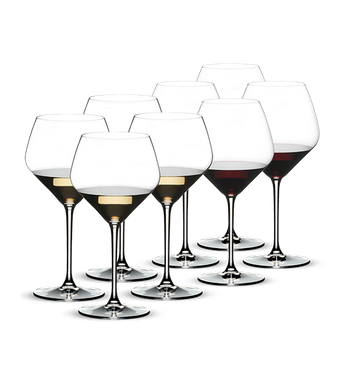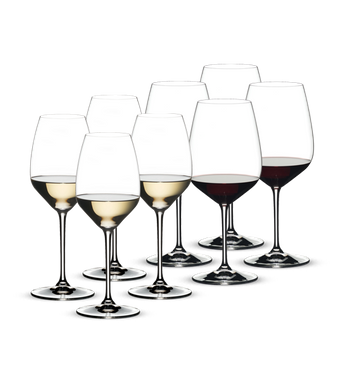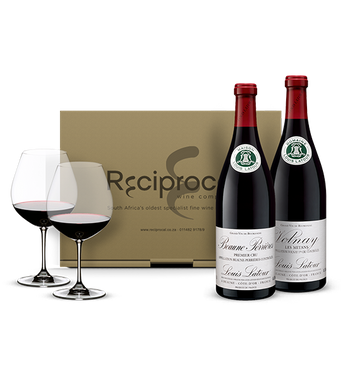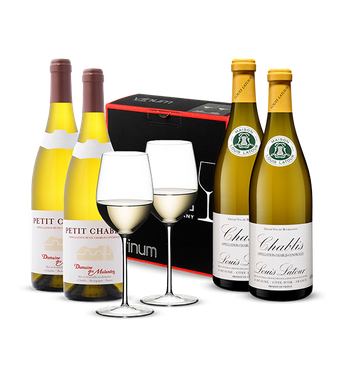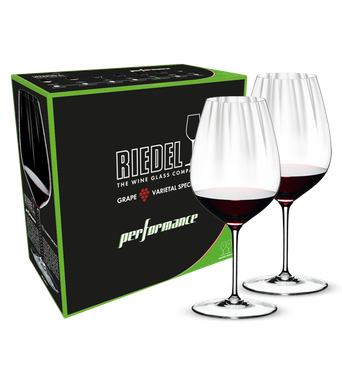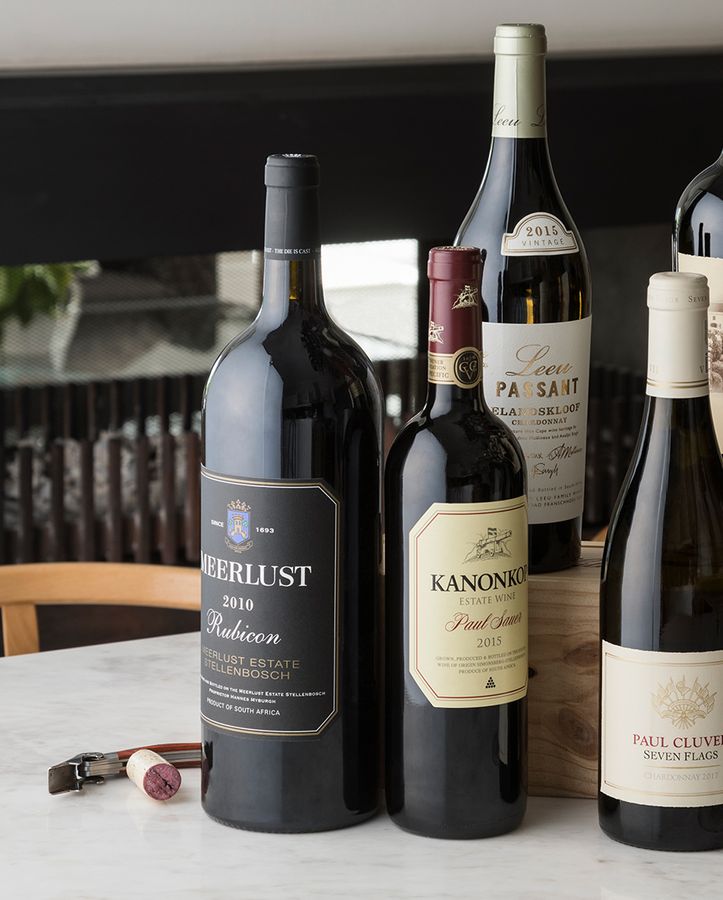It's not often that a discovery is made that is at the same time suddenly blindingly obvious and pretty much counter-intuitive. Most “giant leaps forward” are the result of concerted effort, often by several competitor personalities addressing a problem from a series of different perspectives. Sometimes, however, discovery is a matter of pure chance, as Sir Alexander Fleming observed about his contribution to medicine:
“One sometimes finds, what one is not looking for. When I woke up just after dawn on September 28, 1928, I certainly didn't plan to revolutionize all medicine by discovering the world's first antibiotic, or bacteria killer. But I suppose that was exactly what I did.”
When Claus Riedel stumbled upon the fact that the shape of a glass influences the bouquet and (more importantly) the taste of wine, it wasn't the obvious inference that “the bigger the bowl, the more voluminous the bouquet.” On the contrary, sometimes it was the smaller, less evident vessel that produced the more satisfactory result. In short, he stumbled upon the fact that the same wine, sampled from different glasses, will display characteristics so different that experienced tasters often believe that they are tasting different wines. The grape variety – and how the wine has been made - are the key factors in determining the relationship between fruit, acidity, tannin, and alcohol.
Leading wine critics, such as Robert Parker and Michel Bettane, have long recognised the supremacy of Riedel glassware when it comes to optimising the pleasure obtained from a particular wine. Parker in fact said "The finest glasses for both technical and hedonistic purposes are those made by Riedel. The effect of these glasses on fine wine is profound. I cannot emphasize enough what a difference they make."
In 2008, Time magazine praised the Austrian glassware family for “contributing more to the delight of wine lovers in the past 50 years than almost any winemaking dynasty.”
For the first time, Riedel glassware is available on the Port2Port site. To celebrate this – and to facilitate your discovery of the role that cultivar-specific stemware plays in your wine enjoyment - Port2Port is able to offer the following.
